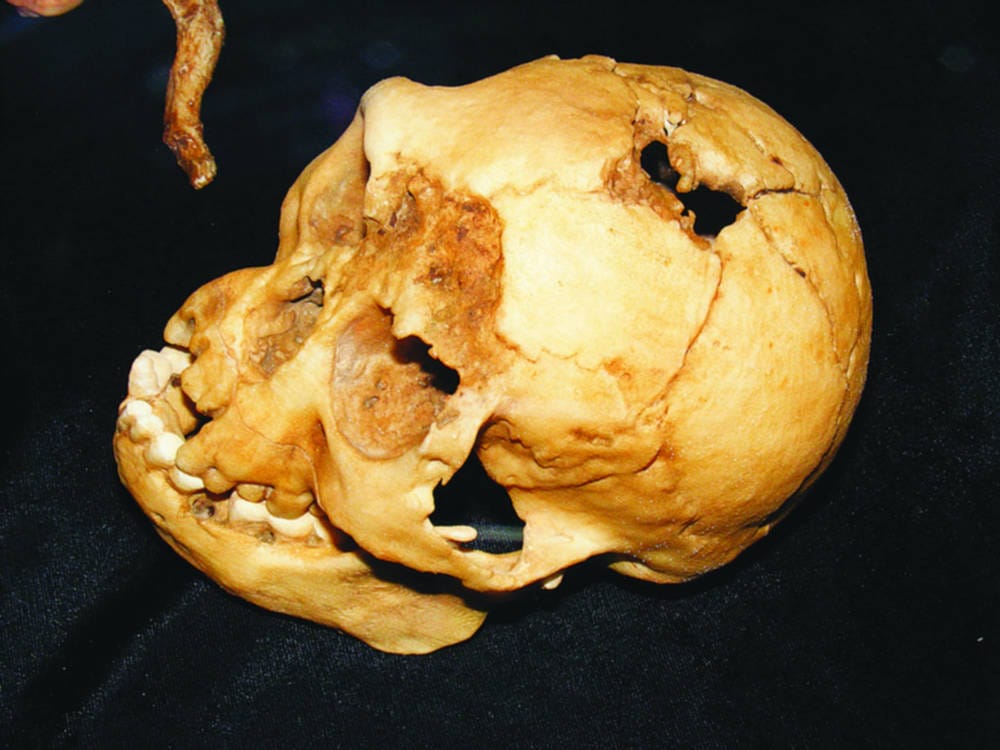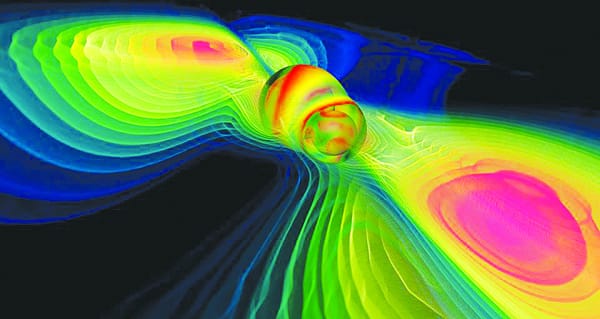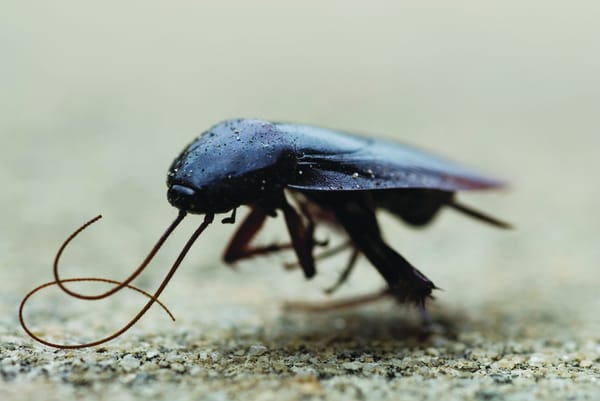Back to the shire
Researchers have found the hobbit is not human

Scientists are sent back to the drawing board as researchers suggest “hobbit” skull probably doesn’t belong to an ancient human.
The perpetual mystery of human evolution has just lost a potential grandfather of modern humans. In 2003 the remains of a new primate species, Homo Floresiensis, was discovered in a cave on the Indonesian island of Flores and were thought potentially to be a version of modern humans. It’s easy to see how their colloquial name of ‘the hobbits’ stuck; the average individual was estimated to be three foot tall and weighing 25kg, meaning they would be by far the smallest species closely related to humans. Initially, the specimen was generally accepted to be a form of early human that lived 15,000 years ago. This theory suggests the reason for the shrunken stature and grapefruit sized brain was due simply to a genetic defect that spread within this isolated population. An alternative theory was the specimen was an ancestor of Homo erectus that had undergone insular dwarfism due to a shortage in the food supply, obtaining their hobbit like structure. However, recent research strongly indicates that the hobbit species Homo floresiensis may not be part of Homo at all.
It may seem news of little consequence but the findings have ignited a controversial debate about these specimens, since previous inconclusive research has suggested multiple explanations for these pint size primates. A study published in the Journal of Human Evolution documents results from state of the art analysis of a layer of the most intact of the nine skulls excavated over the last ten years. The results from the analysis, such as skull bone thickness indicated that the skulls showed “no characteristics from our species”. Even with extensive specialisation, it is expected that there would be some common features between modern humans and the remains if indeed they were part of the Homo line. Additionally, analysis of the skull showed no signs of significant genetic diseases that would have to have been present for the data to support the original theory.
This opens up the mystery species to a multitude of questions about their origin and their relation to other primate species, including our own. Despite the wealth of information gained by the analysis, the researchers remain unable to identify what the species is likely to be. Lead author, Antoine Balzeau said, “So far, we have been basing our conclusions on images where you don’t really see very much. There is a lot of information contained in bone layers of the skull”.
Even though the analysis provides strong evidence that the species isn’t ancestral to Homo sapiens, the study failed to rule out the second hypothesis. Therefore, it remains possible that the hobbits were a subset of the ancestral group to Homo erectus that became smaller over time due to lack of key dietary requirements like iodine. However, it is also possible that the remains represent the existence of a whole separate species, which would open up a whole other can of worms for scientists trying to untangle homo sapiens increasingly complex phylogeny. Balzeau simply concluded: “For the moment, we can’t say one way or the other”.









